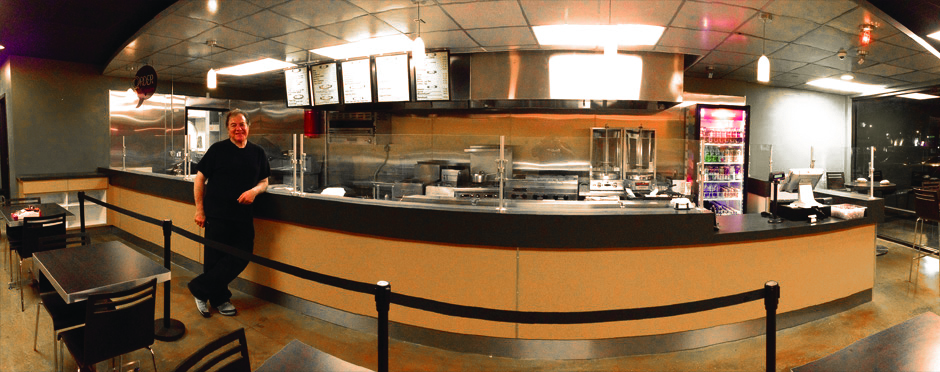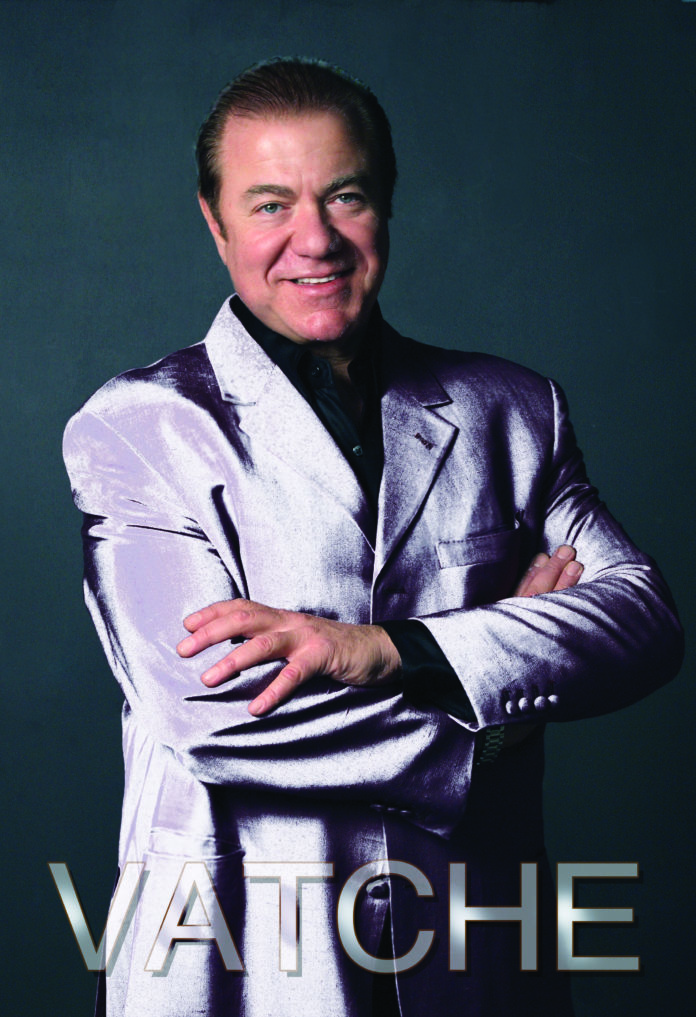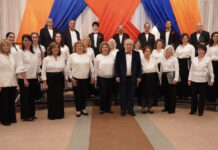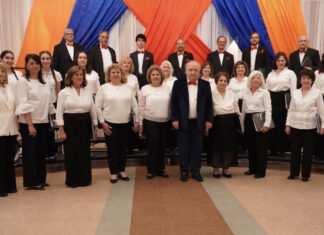LOS ANGELES — It’s half past twelve on a Saturday afternoon in Sherman Oaks. Extended families are ready to feast on homemade mante and manaish, kebab and kufteh reminiscent of the flavorful meals of Beirut as they catch up with loved ones. The restaurant is abuzz with activity, the phone is ringing off the hook and warm greetings are extended to the Armenian regulars while recommendations are made for newbies as eggs are cracked and chicken is grilled on the hissing stove.
The man behind this lively scene, savory food and center of hospitality is Vatche Meguerdichian, the international singer who made a name for himself covering songs from across the globe with his trademark smooth voice and the longing emotion he injected into each lyric, delivering a glimpse of the sweet yesteryear for his loyal audience.
For those aching for the sound and the taste of the Mediterranean, Alcazar is the place to be as a never-ending revolving door of customers satisfy the taste buds of all ethnicities, attesting to its success. Vatche says both singers and restaurateurs have elements of engaging with an audience and entertaining — one through the ear and the other through tastebuds. Hitting that notion home is a sign that hangs above the kitchen that declares: Without music, life would B ♭(be flat) as a crystal chained cross dangles over the passionate words of the owner.
A prominent singer, particularly during the height of his success in the 1980s and 1990s, Vatche provided the soundtrack to the lives of so many Diasporans — displaced for a second round after the Armenian Genocide from those very communities they sought refuge in — Iraq, Iran, Lebanon and Syria, to name just a few.
As the Armenian communities in the Middle East faced upheaval and instability, they made their way to Los Angeles, California, the weather perhaps similar to the Mediterranean climate. But the influx of immigrants, like those before them, were reminiscent and in search of their culture — and Vatche was able to fill that void. He brought that regaled life, the Paris of the Middle East, back to the displaced, giving them a flavor of home, from thousands of miles away.

His array of songs, ranging from French to Italian to Arabic, had roots particularly in the Golden Age of Lebanon where the cosmopolitan city attracted stars and tourists from around the world — Brigitte Bardot in one corner, Omar Sharif in the other. The city was offering the finest food, music and beaches on the surface while a war rumbled in the capital’s underbelly among the factions, sects and outside influences. It was during this multicultural apex in Beirut’s history that Vatche first emerged as a popular voice, paving the way for his future as a beloved pop icon.









